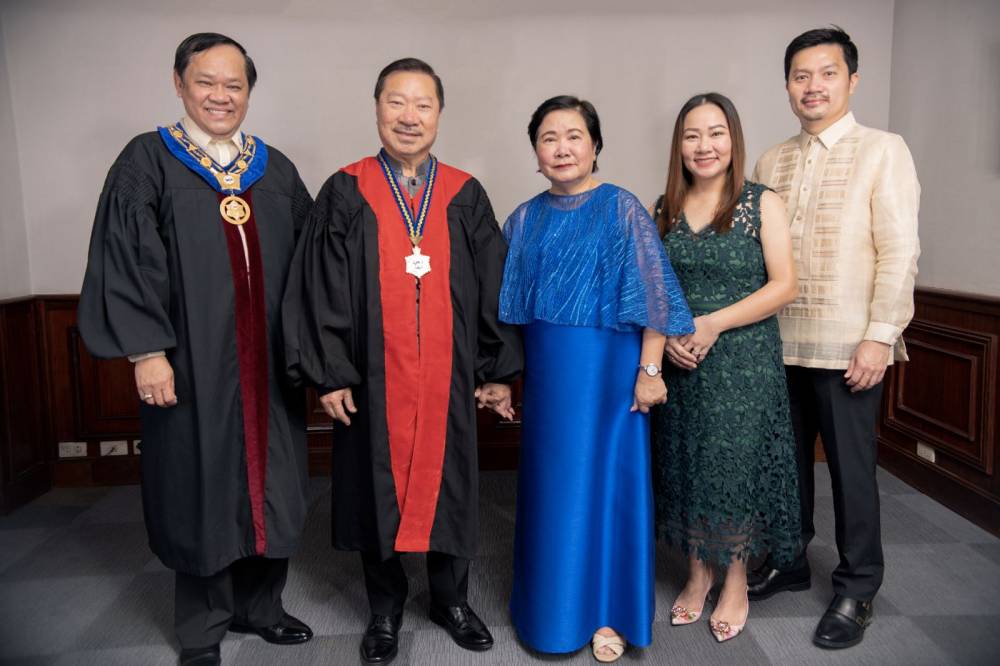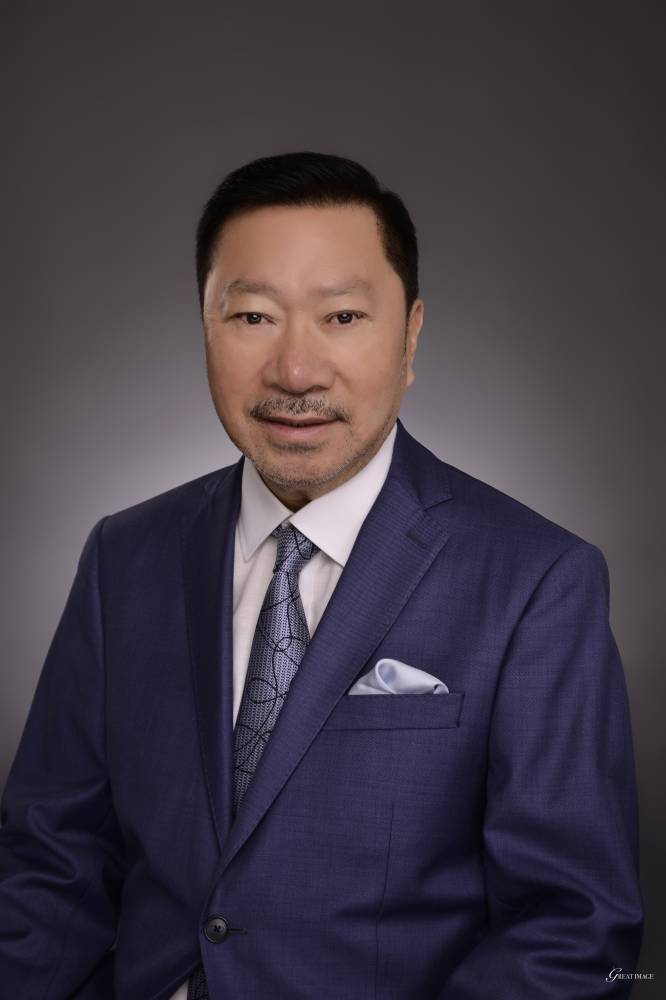FIABCI-Ph sees sustained, decentralized rise in real estate, property demand nationwide

The Philippine chapter of the Paris-based International Real Estate Federation (FIABCI) expects the country to experience a sustained and decentralized rise in real estate and property demand nationwide.
FIABCI-Ph president Architect Nestor S. Mangio told the FIABCI World Congress in Singapore that factors such as urbanization, consumer spending, and economic development were driving the rapid growth and transformation of the country’s real estate sector.
Fastest growing economy
Mangio cited as clear manifestation the Philippines’ gross domestic product (GDP) growth rate of 5.6 percent in 2023, which outpaced the growth of Asia’s major economies such as China (5.2 percent), Indonesia (5 percent), Vietnam (5 percent), Malaysia (3.8 percent), Singapore (1.8 percent), as reported by the Department of Finance.
In the first quarter this year, the Philippine economy grew by 5.7 percent, remaining the fastest in Southeast Asia.
“It (GDP) is expected to triple by 2033, putting the country in the league of China, Japan, India and South Korea. It is also expected to be the world’s 13th largest consumer market by 2030, offering vast opportunities for local and foreign businesses,” Mangio said.
Key drivers
He also pointed to the growing middle class and increasing urbanization as key drivers of demand for residential properties, ranging from the affordable to the luxurious.

“On the other hand, demand for office spaces is being driven by the booming BPO (business process outsourcing) industry and multinational corporations. Retail and hospitality sectors are also thriving in urban centers,” he added, citing an expected rise in demand for office space to 336,000 sqm by yearend.
And to increase market capture, landlords are aggressively renovating and upgrading their leasable retail spaces for local and foreign brands, restaurants and entertainment facilities for revenge spending of consumers who have suffered from buying constraints during the long COVID lockdown periods.
“At the same time, there is a growing demand for affordable housing, especially in urban centers, fueled by the rising middle class population, new families and urban migration. Condominiums and townhouses are popular choices in the urban areas, particularly among young professionals and families,” Mangio explained.
“We see a sizeable delivery of new condominium units this year because developers continue to build in time for the rebound of the market. The average inflation rate of 3.4 percent from January to April this year was well within the (full-year) target of 2 percent to 4 percent,” he further stressed.

Aggressive expansion
Still, developers have taken an aggressive stance in expanding outside the metro.
“Property firms are actively landbanking and developing expansive masterplanned communities in prime development hubs outside of the capital region. After the pandemic, families and even the working class moved to the countryside for a healthier living and started to work from home,” Mangio said.
Thus, he projected the residential sector to continue growing in 2024, but at a decentralized mode as locations outside Metro Manila have become more attractive, offering increased breathing space, outdoor environment, affordable projects, improved telecom connectivity and infrastructure accessibility or availability, and the holistic lifestyle offered by township developments.
Mangio cited as example the province of Pampanga, which is located 60 kilometers north of Metro Manila but has captured the interest of national developers.
“Practically all roads lead to Pampanga. It is at the crossroads of the north to south and east to west expressways,” Mangio said.
Pampanga is home to the Clark International Airport and the planned rail connecting it to Metro Manila and its airport. It is 40 kilometers from the International Subic Port and adjacent to the 9,500-hectare New Clark City that will be the new government center of the country.
Masterplanned townships in Pampanga are increasingly becoming popular, especially among investors demanding a healthier living and live-work-play-shop-study-and-worship lifestyle. As of end 2023, Pampanga’s condominium stock reached 3,900 units, with another 8,000 under way.
For a fact, The Lakeshore, the principal project of Mangio’s company, is located in Mexico, Pampanga. It is the country’s first masterplanned community to offer resort-like living on a 300-ha estate with a magnificent 12-ha man-made lake, complemented with a hospital, condotel and condominium that are already being built.
Government efforts
For its part, the government has initiated policies to improve the ease of doing business, intensify infrastructure development by raising its budget allocation from P1.02 trillion in 2023 to P1.5 trillion this year, help open up market opportunities for developers, and thus meet the needs of the growing urban population, according to Mangio.
Last year, Mangio was commissioned by the Secretary of the Department of Human Settlement and Urban Development to design a prototype masterplan for a 20-ha mid-rise condominium project with affordable residential units as part of the President’s flagship housing program of building a million housing units yearly to solve the country’s 6.5 million housing shortage.
The government program includes qualifying the buyers and financing their units. The government will also provide the developers with financing for project development.
Accolades
Mangio’s words hold a lot of weight. He is, after all, a recipient of the Medal of Honor by the International Real Estate Organization (FIABCI) based in Paris, France. In July 2022, he received the PRC Outstanding Professional of the Year Award in the field of Real Estate Service.
This year, he was conferred the prestigious UAP Likha Gold Medal award this year—the highest distinction bestowed upon a Filipino architect who has adhered to the highest standards of professional and ethical conduct and has performed exceptional achievements and active participation in the concern of the community, government and country.
All in all, Mangio concludes that the real estate market in the Philippines presents numerous opportunities for investors and developers across various sectors.
“Adaptation to changing market conditions, leveraging technology, and addressing evolving consumer preferences will be key for industry players to thrive in the current landscape. Whether you’re a seasoned investor, developer, or aspiring entrepreneur, now is an exciting time to be part of the dynamic Philippine real estate market. With sustained economic growth and ongoing infrastructure development, the outlook for the Philippine real estate sector remains positive,” Mangio stressed.

















